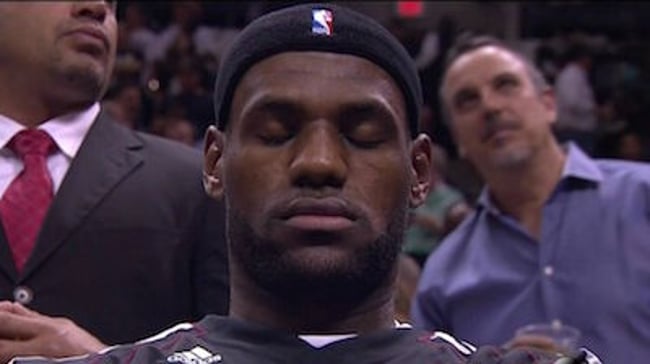

Doing sport isn't just good for your physical fitness; it's also a great way to reduce anxiety. You can strengthen your mental resilience through activities like running or meditation.
Who hasn't felt stressed or anxious approaching a significant deadline like an exam or a professional meeting? Numerous studies have highlighted the impact of physical activity on this big issue that affects us all. Even supporting your favorite football team can be stressful! It's down to you to find the time to go for a run.
But first, what is stress?
Let's try to explain it simply: stress is a physiological and psychological reaction that allows the body to adapt to external challenges. It manifests as muscular tension, increased heart rate, or, in some extreme cases, nausea. These symptoms are common but can vary depending on the situation and the individual.
In small amounts, stress can be associated with self-improvement. But it can quickly turn into anxiety if it intensifies. However, there's a simple and accessible way for facing it: physical activity. Aerobic sports, which are essentially endurance sports, can be particularly effective.
The impact of physical activity
Sustaining moderate intensity effort for an extended duration, from a physiological perspective, strengthens vital organs such as the heart, respiratory system, and circulatory system. These systems fulfill the oxygen needs of the muscles that are used, positively impacting their roles during stressful situations. They also alleviate muscular tension, one of the first signs of stress - and one of the most physically discomforting.
OK, so you've put on your running gear and finished your exercise session. Endorphins, the pleasure hormone, are now surging through your bloodstream: you instantly feel better. The amount of endorphins released by the brain is directly linked to the activity performed, its intensity, and duration. Generally, it's considered that at least 30 minutes of moderately paced exercise is needed for endorphins to get to work. There's also a significantly higher level during the minutes after exercise ends. Its analgesic capacity provides a sense of well-being, sometimes even euphoria. The same effects as a recreational drug, but legally and without risks.
On the psychological front, regular physical activity and continuous effort foster a determination not to give in and a sense of progression that naturally boosts your self-confidence. Plain and simple.
Relaxation
If the idea of using exercise to tackle stress doesn't appeal to you, doing something relaxing can be a great alternative. Yoga, for example. Based on a philosophy of well-being, it can often help you to overcome the minor niggles of daily life, whether it's a shortage of your favorite deodorant or a food delivery delay. Breathing techniques and postures allow you to maintain a positive environment around you and thus push back stress. Marc Briant-Terlet, co-founder of Horace and a yoga enthusiast, wouldn't tell you otherwise. Max Vallot, from the District Vision brand, explained the benefits of his first session: "once it was over, I felt incredibly good, very relaxed."
You can also practice sophrology and meditation, both excellent anti-stress activities. Max Vallot puts it well: "meditation often helps me put things into perspective and get through the week without trouble." It's also the common thread between Kobe Bryant, Rick Rubin, and Jerry Seinfeld. Three men who know.
These activities are accessible to most people. We all have a pair of running shoes, a place to run, a quiet place, music to relax, time for ourselves, and the ability to let go.
Relax, dive in.
